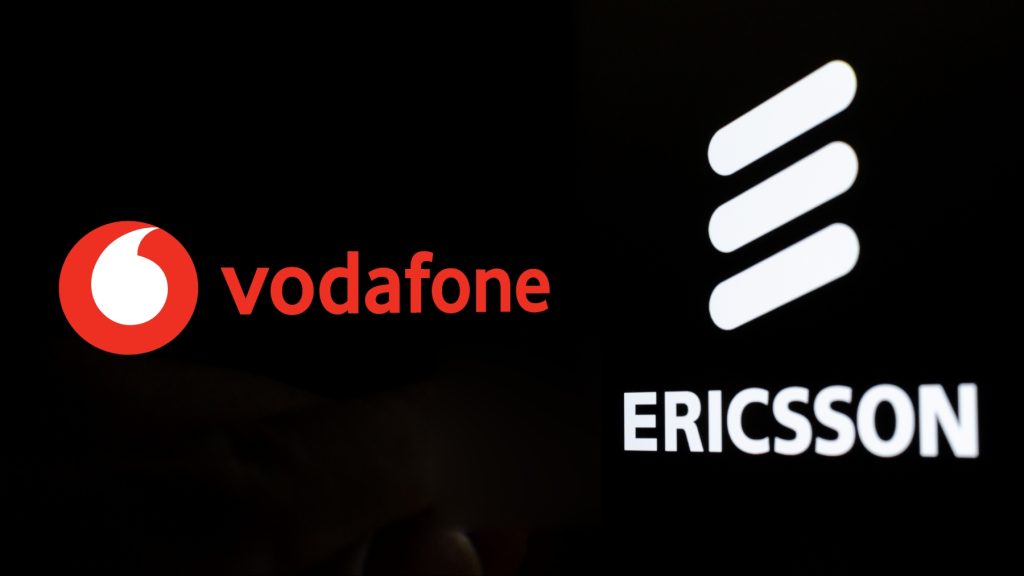
Vodafone Egypt and Ericsson have introduced a triple-band mobile radio unit that consolidates all frequency bands in Egypt.
- This equipment enables simultaneous support for 2G, 3G, 4G, and 5G, streamlining network management and operation.
- Vodafone Egypt benefits from faster deployment, cost efficiency, and reduced tower load, improving overall network performance.
- The unit is future-proof, designed to support upcoming technologies and standards, ensuring long-term adaptability.
Vodafone Egypt and Ericsson have launched the world’s triple-band mobile radio unit that combines all frequency bands operating in Egypt, making 5G more accessible.
In Egypt, three bands are crucial for providing mobile services. The first, 1800 MHz, is used for 4G/LTE services. The second, 2100 MHz, is used for 3G/UMTS and 4G/LTE services. And finally, the third, 2600 MHz, within which the National Telecommunications Regulatory Authority (NTRA) of Egypt allocated new radio frequencies of 30 MHz via Time-Division Duplexing (TDD), to Orange Egypt.
The new mobile radio equipment simultaneously enables 2G, 3G, 4G, as well as 5G across the spectrum layers with a single unit.
Three’s a Crowd
Telecom relies on this method because multiple bands allow a network to increase its capacity and handle more simultaneous connections. This practice promotes wide coverage and high-speed transmission as each frequency band has its own properties. Not to mention, the diversity in frequency ensures compatibility with a wider range of devices since different devices support different frequencies.
As effective as it is, it has some drawbacks, considering that using multiple frequency bands risks interference between them, degrading the signal quality. Plus, managing them is a complex affair, needing sophisticated equipment and software to ensure that the different bands are used efficiently, and that the quality of service is maintained. Finally, their use increases energy consumption and the cost of maintenance.
Consolidation
Ericsson’s new mobile radio equipment addresses several issues in multi-band networks. It can operate on several frequency bands simultaneously, increasing overall network capability. It can also dynamically allocate resources on demand so that the spectrum is used efficiently.
Not only does the mobile radio unit simplify the management of multiple frequency bands, but it is also designed to be energy efficient. In turn, this reduces the operational cost and the environmental impact.
The most important part of this upgrade is futureproofing. It is designed to support future technologies and standards, making it a future-proof investment that can adapt to changes in the telecommunications industry.
Catalin Buliga, technology director at Vodafone Egypt, said in a statement, “This new triple-band radio unit from Ericsson gives us better cost, faster deployment of 4G/5G services, less energy consumption for our mobile network, and less tower load.”
Customer Benefits
While the benefits for Vodafone Egypt and Ericsson are expected, it’s the customer’s lucky day. The partnership’s mobile radio equipment improves network performance, providing faster data and lower latency, which come in handy when video streaming and online gaming. With the unit’s ability to dynamically designate resources based on demand, users would enjoy a more reliable connection. Most importantly, as 5G begins to roll out in the country, customers will be able to enjoy the technology without the exorbitant rates that would have come from a new independent infrastructure.
Inside Telecom provides you with an extensive list of content covering all aspects of the tech industry. Keep an eye on our Telecom sections to stay informed and up-to-date with our daily articles.